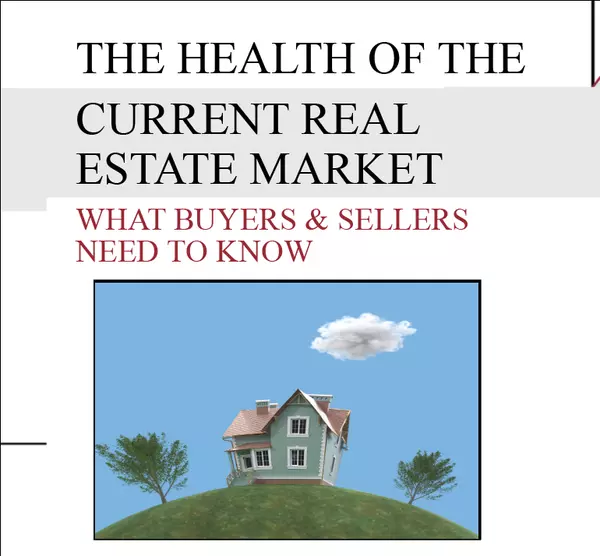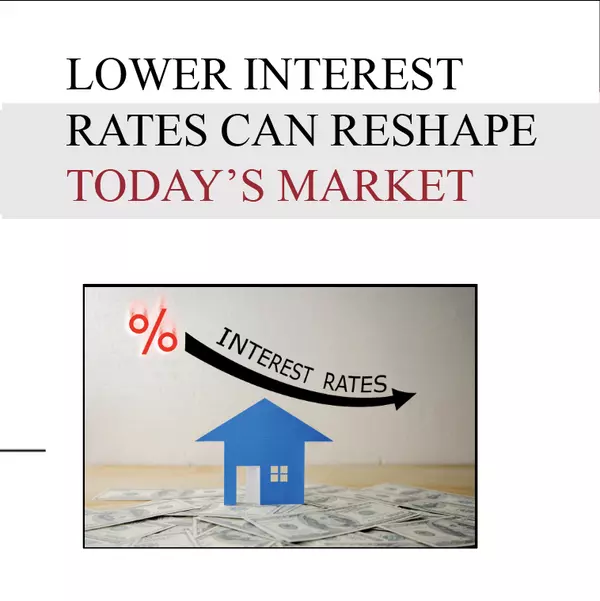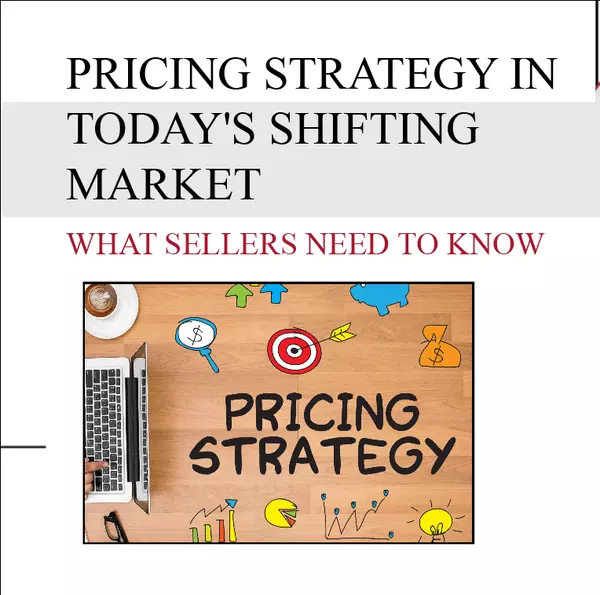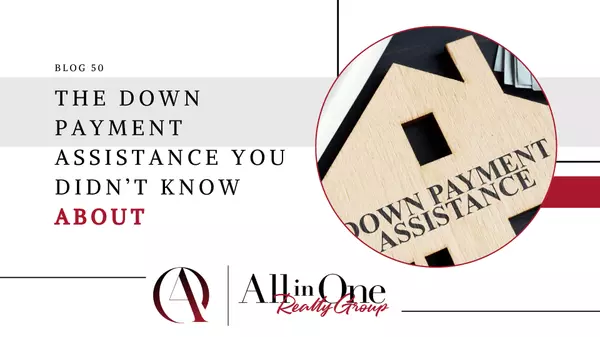
Home Safety Tips: How to Keep Your Home Safe While You're on Vacation
Vacation should be a time for relaxation, not worrying about what’s happening back home. Whether you’re heading to the beach, the mountains, or visiting family, taking a few simple precautions before you leave can help ensure you return to a safe and sound home. 1. Make Your Home Look Lived-In 🏠 Us

Top Upgrades Buyers Want in Single-Family Homes
When it comes to single-family homes, today’s buyers are drawn to upgrades that blend comfort, style, and efficiency. If you’re thinking about selling or just want to boost your home’s value, here are the top features that consistently catch buyers’ eyes: 1. Dream Kitchens That Shine 🍳The kitchen i

The Health of the Current Real Estate Market: What Buyers and Sellers Need to Know
It seems like everyone is wondering: How healthy is the real estate market right now? Whether you’re a first-time buyer, a seasoned investor, or just curious about what’s happening in your neighborhood, understanding the pulse of the market can help you make smarter decisions. Steady Pulse, But Not
Categories
Recent Posts












